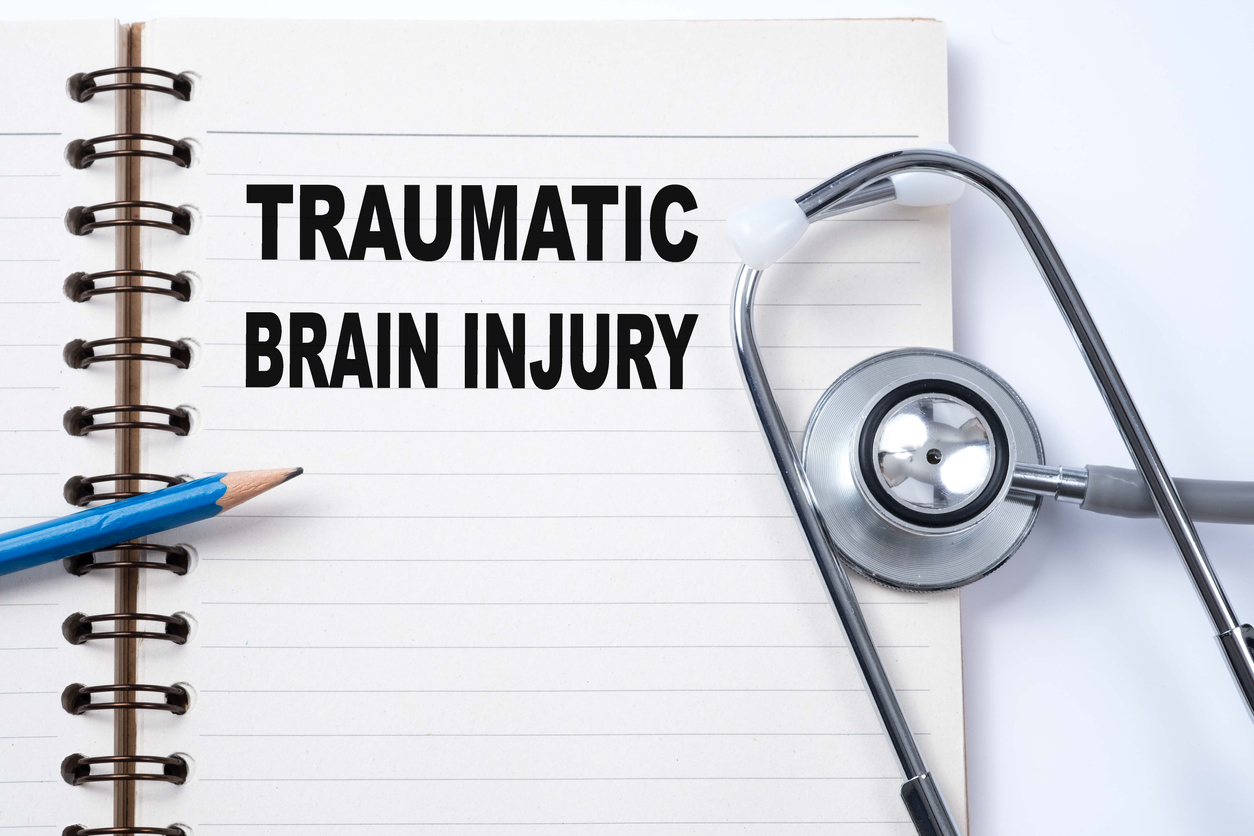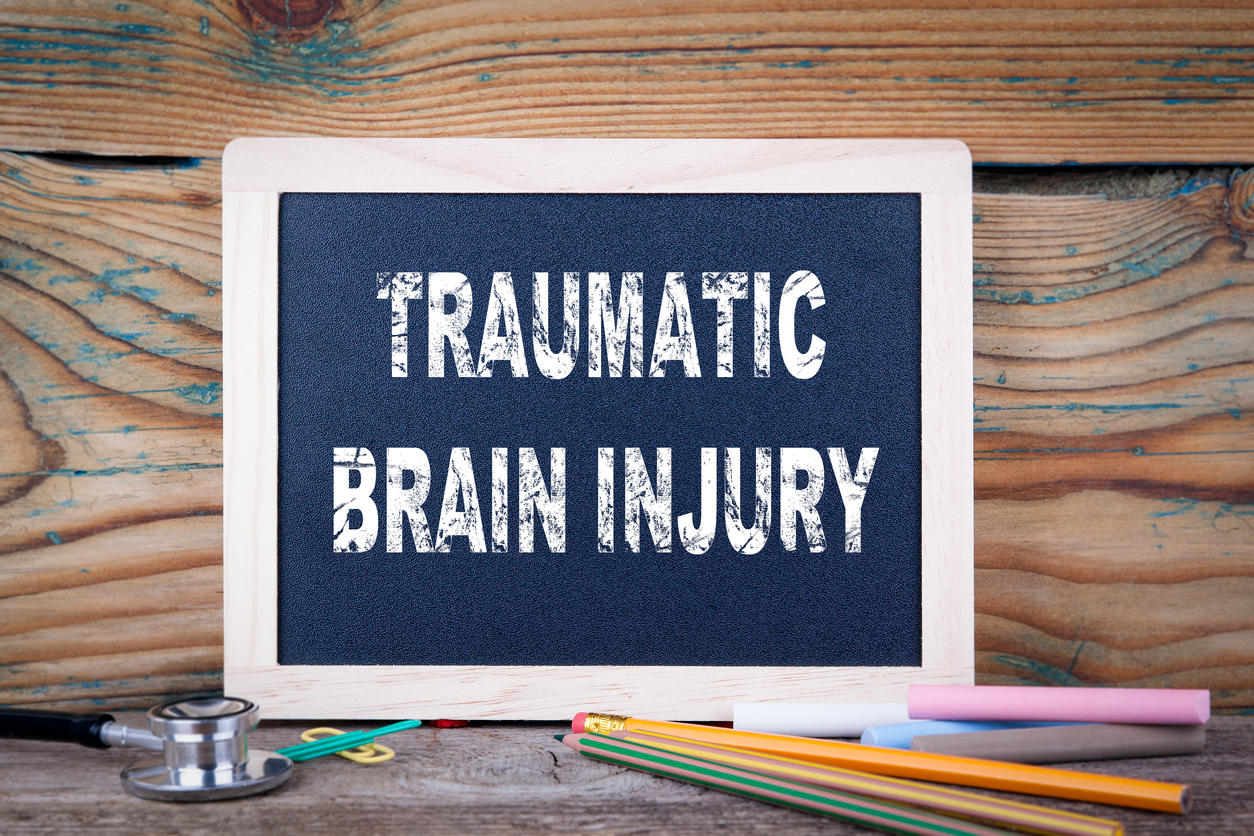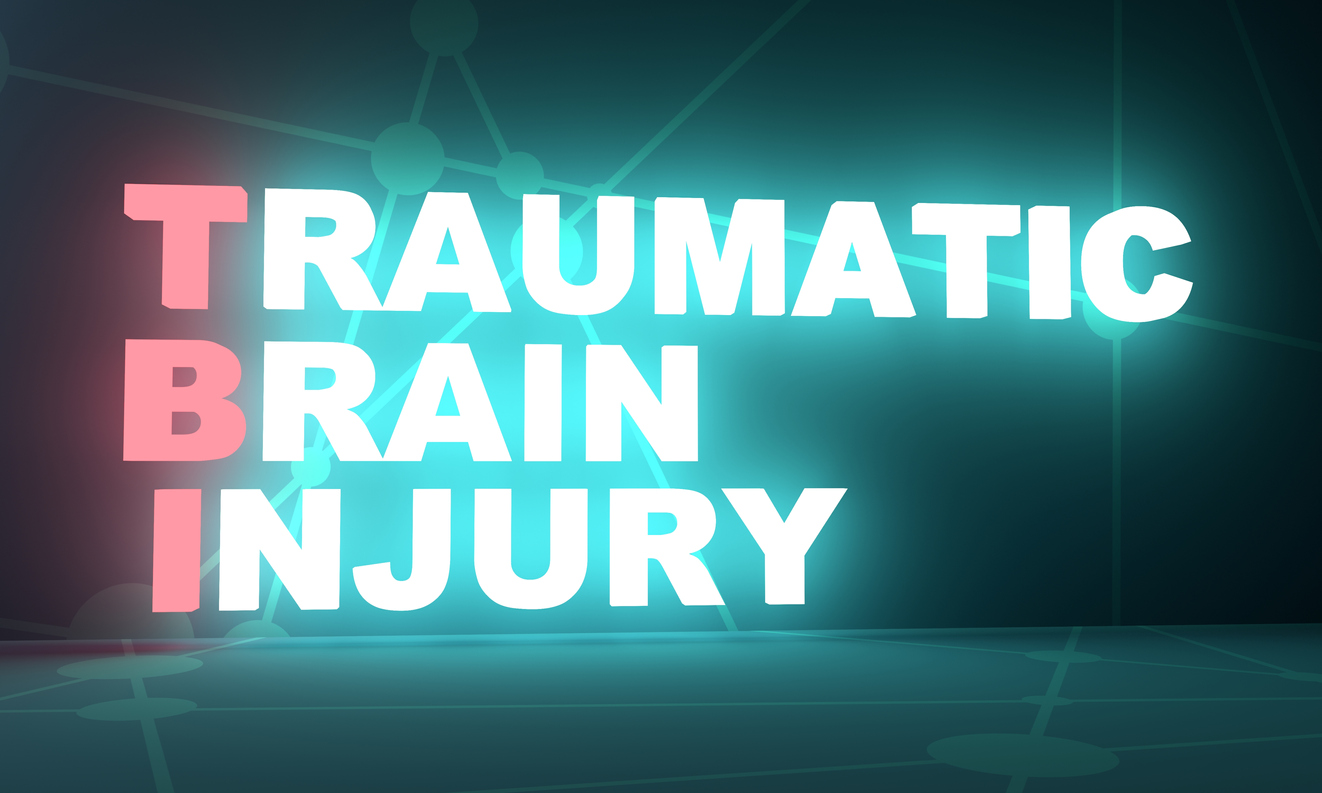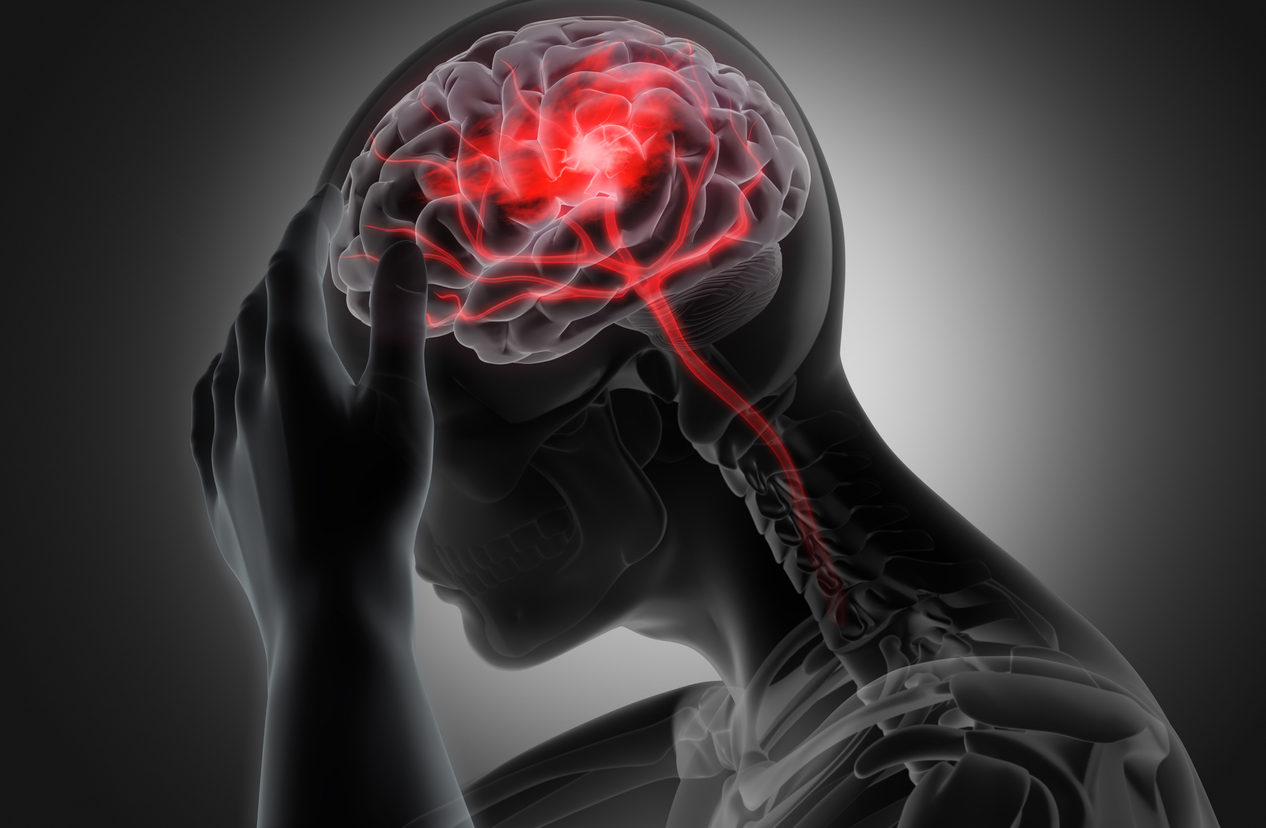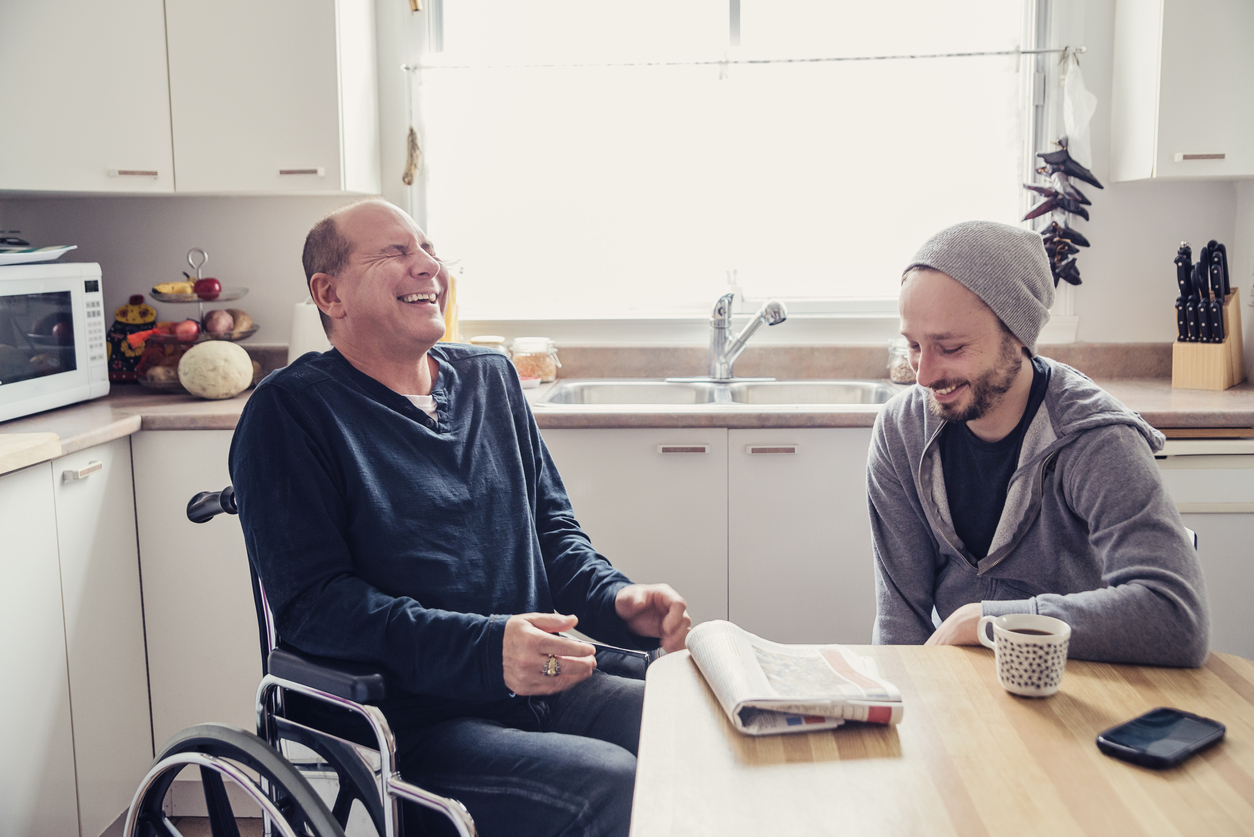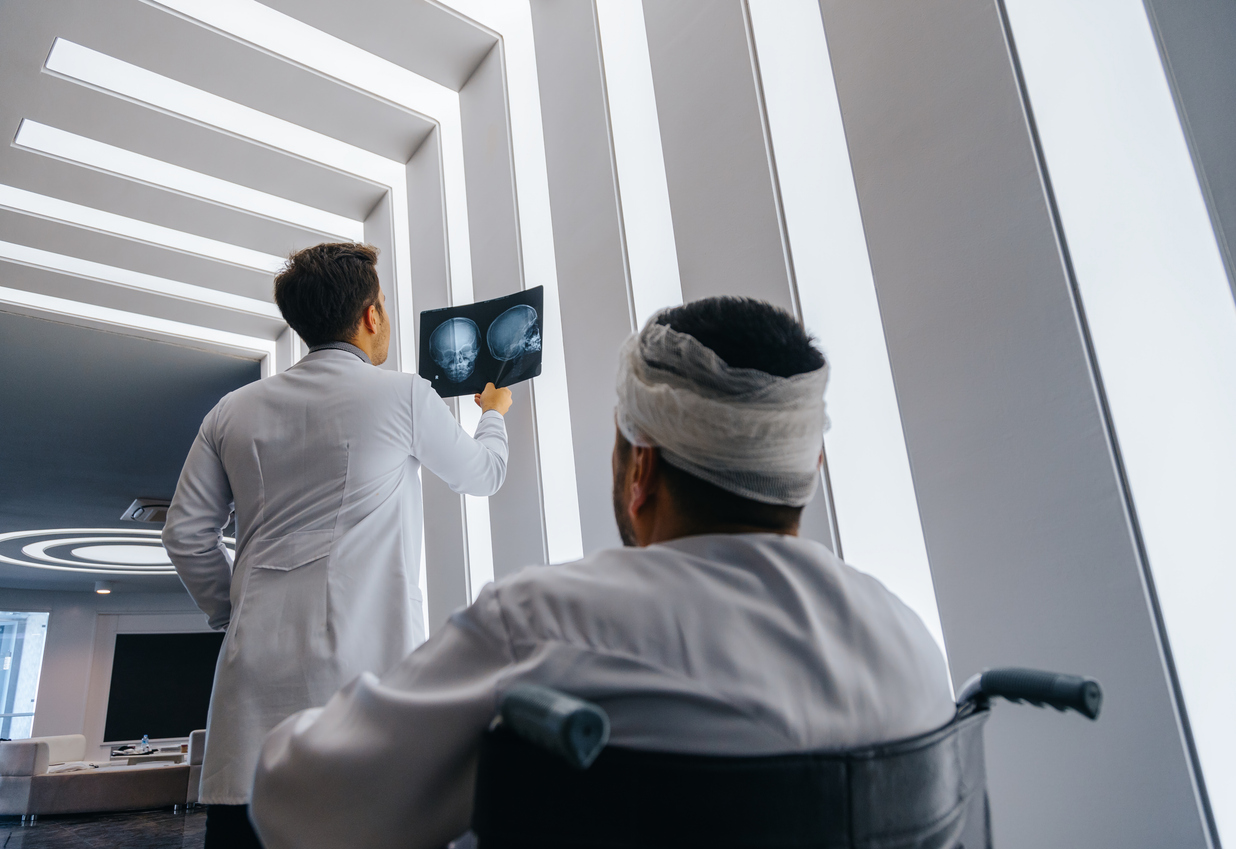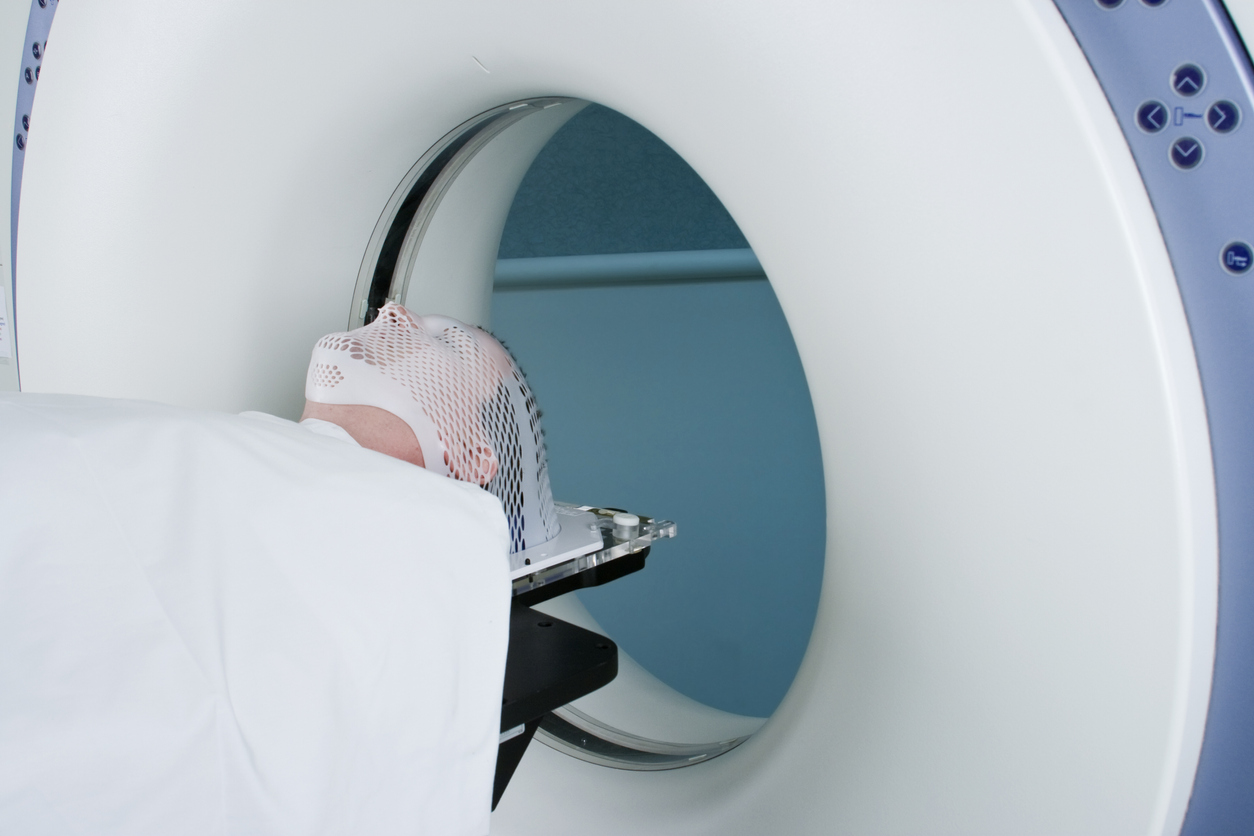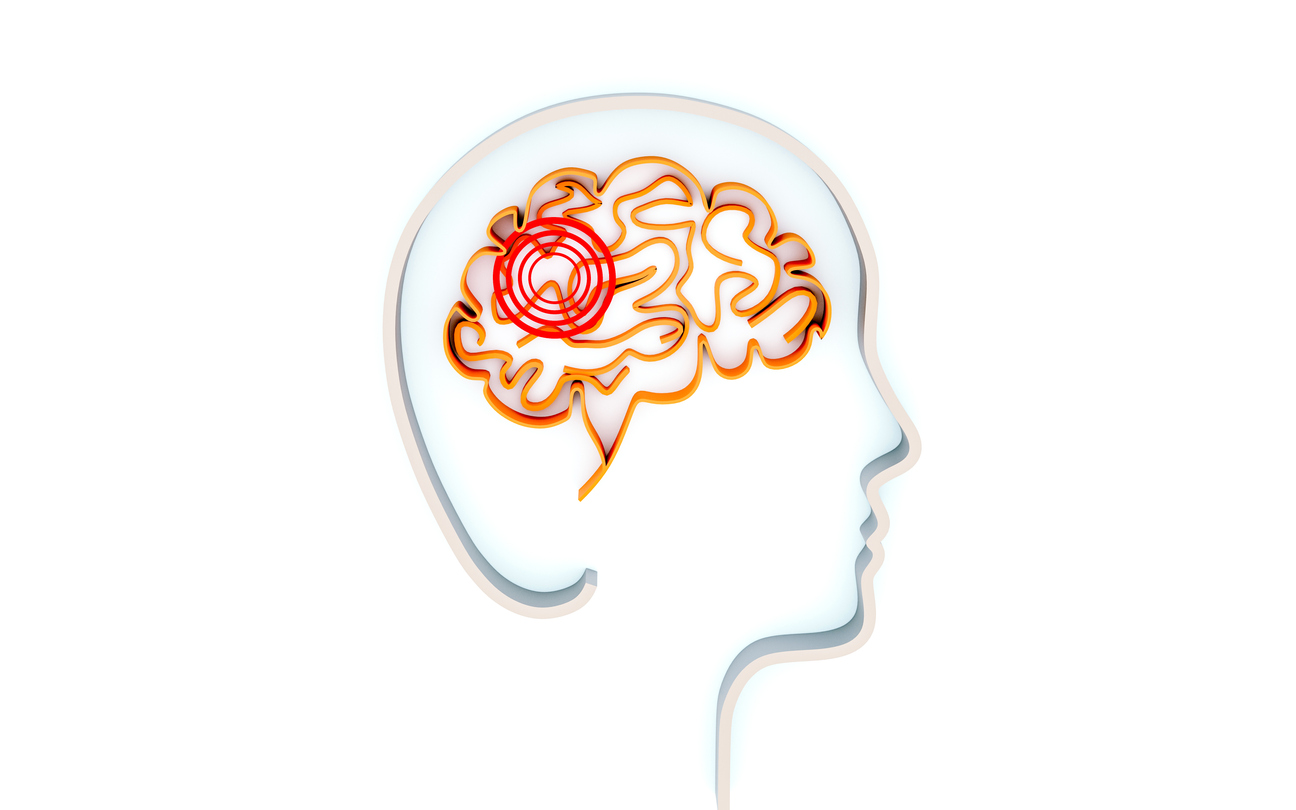Pain
Alternative and Complementary Treatments for a Traumatic Brain Injury
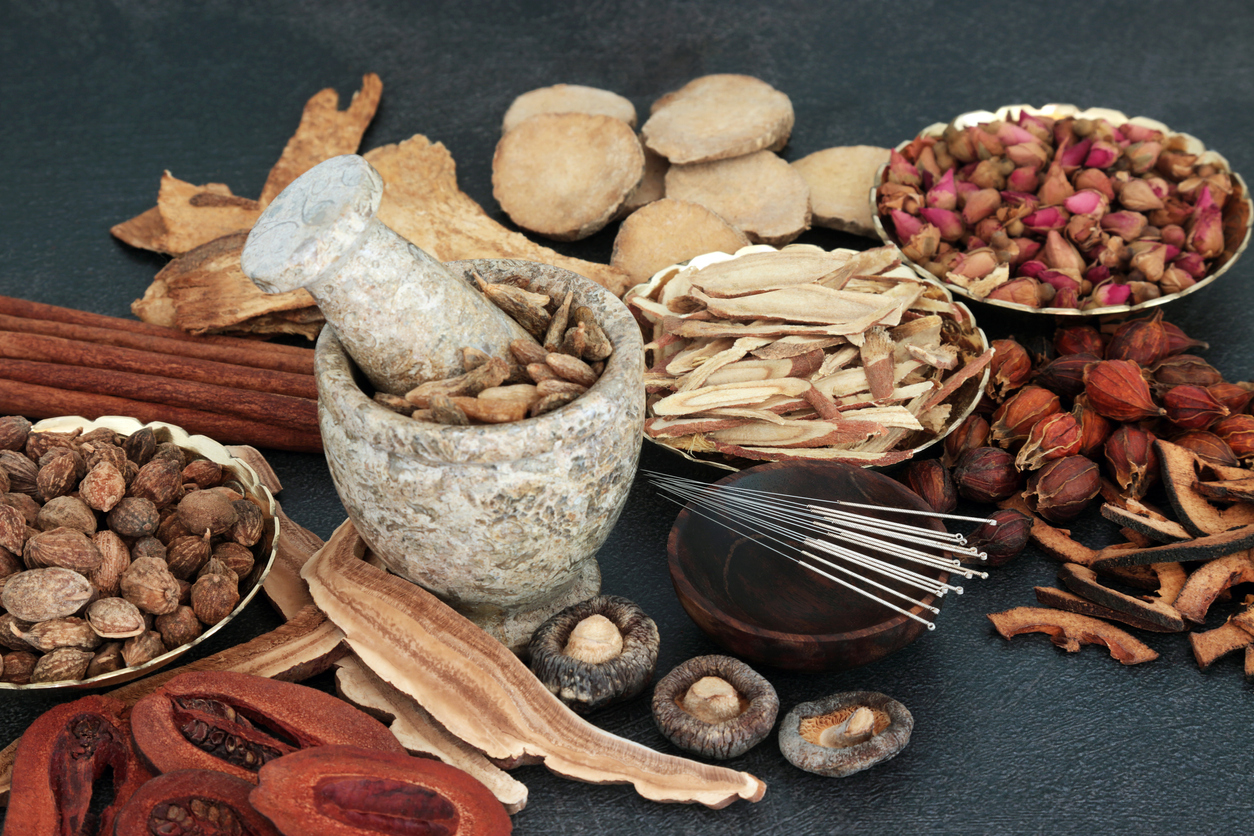
What is a traumatic brain injury?
A traumatic brain injury (TBI) is a type of brain damage that occurs as a result of an injury to the head. This type of injury may be non-penetrative, such as a blow to the head, or penetrative, such as a gunshot wound. The severity of a TBI depends on various factors, and the lasting effects can range from a few days to permanent brain damage or, in severe cases, death. A concussion is the most common type of traumatic brain injury.
Alternative and Complementary Treatments
Any TBI, regardless of the severity level, requires prompt medical attention. Conventional treatments for a TBI include emergency care, medication, rehabilitation, and surgery. Alternative and complementary treatments may also be beneficial. They can include traditional Chinese medicine and certain supplements.
Traditional Chinese medicine
Traditional Chinese medicine (TCM) has been practiced for thousands of years. It focuses on the connection between the mind and body and the use of herbal supplements to treat a variety of health conditions. TCM that may be beneficial for a traumatic brain injury includes the following:
- Acupuncture
Acupuncture involves the insertion of thin needles in the body to treat an individual's condition. These tiny, sterile needles cause minor to no discomfort. Practitioners precisely place the needles in locations based on the needs of each individual. In some cases, the needles may be manipulated gently by hand or mild electrical pulses may be applied through the needle. - Acupressure
Acupressure focuses on applying pressure to specific points on the body, referred to as acupressure points. In traditional Chinese medicine (TCM), acupressure is described as a method to balance the flow of energy (chi or Qi) via pathways through the body. In the Western world, it is considered an alternative treatment. Acupressure is closely related to acupuncture; however, it involves pressure instead of the use of needles.
Physical activity
Gentle physical activity can reduce stress and improve sleep quality. Examples of light physical activity includes the following:
- Qigong
Qigong is an ancient Chinese practice that has been used for thousands of years. It is a type of meditative discipline centered around the traditional Chinese medicine belief that Qi, or energy, must flow throughout the body to achieve and maintain health. The practice of Qigong involves the use of slow, deliberate movements and relaxed breathing patterns to encourage the flow of Qi. This prevents stagnation of the body’s energy, which is thought to lead to health problems. It is also used to help relax the mind. - Yoga
Yoga is an ancient practice originating from India over 5000 years ago. It unites mental disciplines with the physical, allowing for the relaxation of stress and anxiety. Yoga may lessen stress, lower blood pressure, lower the heart rate, as well as improve fitness and help manage chronic diseases. Yoga poses are movements and held positions that promote increased strength and flexibility. Furthermore, breathing and mindful inhalations and exhalations bring forward the notion that the body may be controlled, and the mind may be quieted.
Supplements
Certain supplements have shown to improve the outcome of some secondary effects of TBI. These supplements include the following:
- Vitamin D
In pre-clinical models of mild TBI, vitamin D deficiency in rodents worsened the health outcome following a TBI. In combination with progesterone, vitamin D has shown to reduce the markers of inflammation and neuronal cell death in a model of TBI. - Vitamin E
Vitamin E supplementation given after repetitive brain injuries in mice improved cognition in pre-clinical models. It has also shown to reduce oxidative stress and improve learning and memory. - Nicotinamide
Nicotinamide is a water-soluble form of vitamin B3. It has shown to improve recovery in rodents when given in conjunction with progesterone. - Folic Acid
The use of folic acid as a TBI treatment is debatable. Some studies with piglets have shown increased functional recovery when given folic acid following a mild TBI. However, others involving rodents with a mild TBI showed no significant treatment effect. - Zinc
Zinc has shown to provide oxidative stress reduction, as well as reduce inflammation, autophagy, and apoptosis in pre-clinical trials of TBI. For four weeks following a TBI, it was also shown to decrease depression and anxiety in rats. - Magnesium
Magnesium is a vital mineral that regulates nerve and muscle function in the body. In pre-clinical trials, magnesium has shown to improve recovery outcomes. Additional research is needed in humans to determine if combining it with mannitol could potentially increase brain bioavailability. - Melatonin
Melatonin is a hormone that regulates the body’s sleep-wake cycle. Individuals with a TBI frequently show low melatonin levels. Used as a supplement, it can help with sleep disturbances associated with a TBI. - Enzogenol
In a randomized controlled study, Enzogenol has shown to improve cognition in TBI patients. Additional research is needed for a definitive result.
